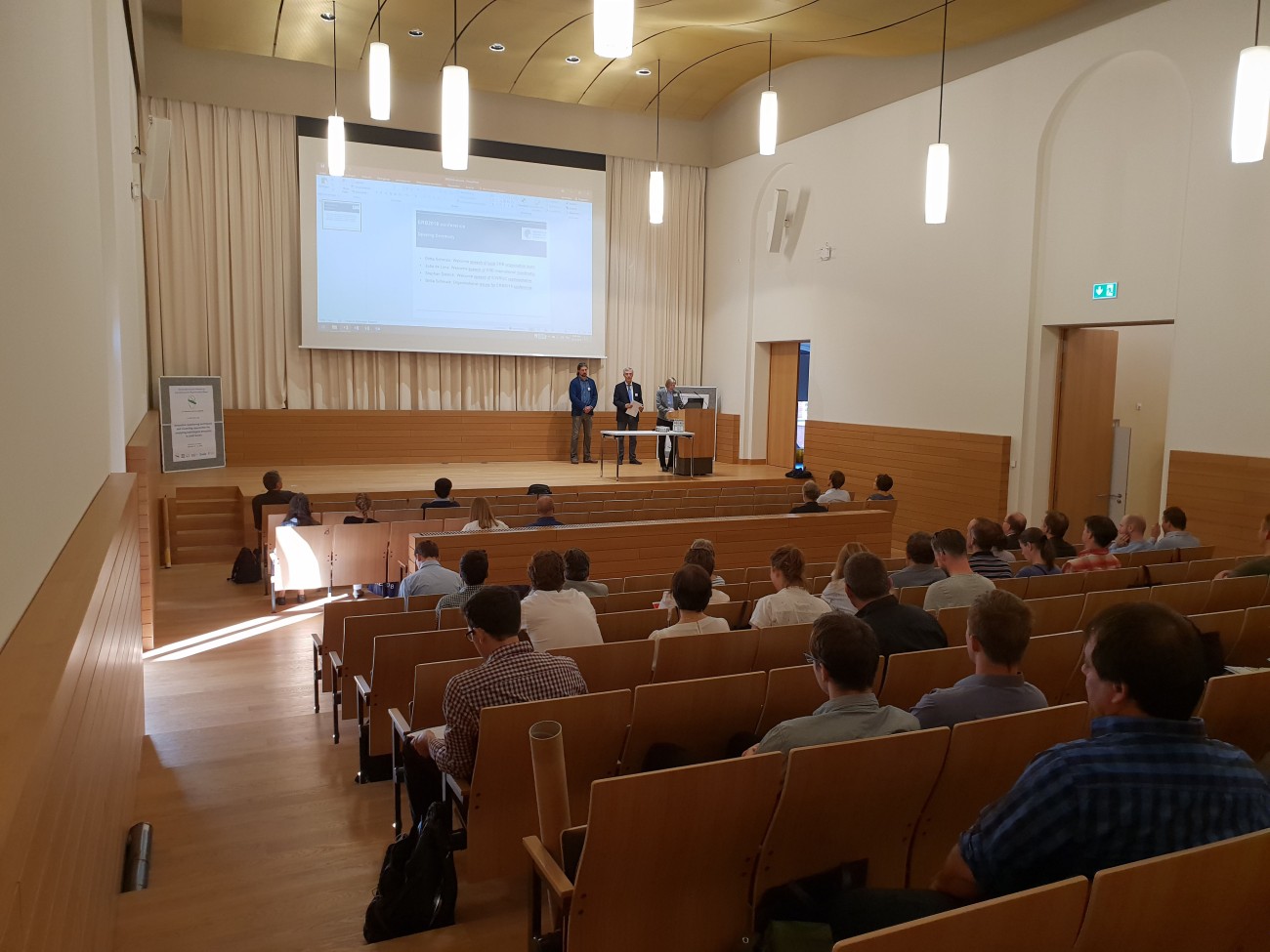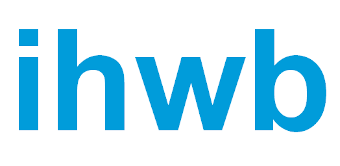Innovative monitoring techniques and modelling approaches for
analysing hydrological processes in small basins
Darmstadt / Germany, September 11 – 14, 2018
FIRST ANNOUNCEMENT AND CALL FOR PAPERS (opens in new tab)
PUBLICATION (opens in new tab)
Hydrological processes can be well studied in small research basins, where there are high-quality data available. They serve as interdisciplinary observatories or outdoor laboratories covering the complexity of combined physical, chemical and biological processes. Furthermore, long-term measurements in small research basins help to analyse environmental changes. New measurement and sensing techniques support further hydrological understanding.
For the depiction and understanding of hydrological processes, modelling approaches can be used. On the one hand, hydrological models need sufficient data with high spatial and temporal resolution for model setup, calibration and validation. On the other hand, they offer the possibility to predict processes that are not easily measurable, as well as to calculate the impact of supposed scenarios that possibly affect the water cycle and mass transport in the future. Small research basins provide the high-quality data required for model development and testing, also for new and innovative model approaches.
Knowledge gained from monitoring and modelling studies in small hydrological basins can be used for decision-making with respect to managing water resources systems.
Tenative program
- 11 Sept. 2018 ERB Steering Committee meeting (by invitation)
- 12 Sept. 2018 Conference Sessions and Conference Dinner
- 13 Sept. 2018 Conference Sessions and ERB General Assembly, awards, closing ceremony
- 14 Sept. 2018 Field Trip
Convened by
- ERB Steering Committee
In cooperation with
- International Centre for Water Resources and Global Change, UNESCO Cat 2 Centre, Koblenz, Germany
- Technische Universität Darmstadt, Germany
International Scientific Committee
- João de Lima, Portugal (ERB coordinator)
- Hubert Holzmann, Austria
- Niko Verhoest, Belgium
- Miroslav Tesar, Czech Republic
- Daniel Viville, France
- Britta Schmalz, Germany (Conference convener)
- Péter Kalicz, Hungary
- Luca Brocca, Italy
- Edvinas Stonevicius, Lithuania
- Christophe Hissler, Luxemburg
- Piet Warmerdam, The Netherlands
- Johannes Deelstra, Norway
- Janusz Siwek, Poland
- Gianina Neculau, Romania
- Sergey Zhuravin, Russia
- Ladislav Holko, Slovakia
- Mitja Brilly, Slovenia
- Jérôme Latron, Spain
- Manfred Spreafico, Switzerland
- Liudmyla Gorbachova, Ukraine
National Scientific Committee
- Britta Schmalz, TU Darmstadt (head)
- Stephan Dietrich, ICWRGC Koblenz
- Tilo Keller, Erftverband
- Ulrich Looser, Bundesanstalt für Gewässerkunde, GRDC
- Henning Meesenburg, Nordwestdeutsche Forstliche Versuchsanstalt
- Konrad Miegel, Universität Rostock
- Frido Reinstorf, Hochschule Magdeburg-Stendal
Local Organising Committee (ihwb, TU Darmstadt)
- Britta Schmalz
- Amrei David
- Judith Feldmann
- Michael Kissel
- Marion Kruse
- Jonathan Lange
- Angela Rebscher
- Giuseppe Romano
- Dominik Scholand


